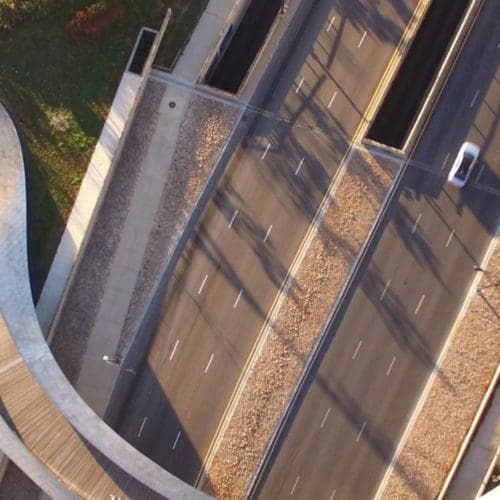Global Vantage: What happens when a party refuses to pay its share of the arbitration fee?
July 2020With the Coronavirus pandemic only serving to exacerbate pre-existing tensions at all levels of the supply chain, the number of construction disputes is expected to rise dramatically in the coming months.
For parties with valid arbitration agreements, the first-step in resolving any such disputes will be to refer the matter to an arbitration panel. However, with Covid-19 leaving many of the world’s largest economies in recession, we are beginning to see some cash-strapped businesses try to resist their obligation to pay a proportion of the arbitration fee. Consequently, innocent parties could find their dispute suspended or even withdrawn by the Arbitration Tribunal.
The level of detail that is contained within an arbitration clause varies greatly from contract to contract. However, clauses should generally make reference to the arbitration institution that the parties have chosen to resolve their disputes. As such, it will be necessary to consult the rules of this institution when determining the parties’ obligations in relation to payment of the arbitration fee. Most often, the parties will be required to split the arbitration fee equally, but this could be varied, for example by express agreement or by reason of the rules of the relevant arbitration institution.
Crucially, amongst most of the largest arbitration institutions, it is a common requirement that the parties pay their share of the arbitration fee prior to the hearing of the dispute. In this respect, Article 24.4 of the DIFC-LCIA Rules 2016 stipulates that, save for exceptional circumstances, the Arbitral Tribunal should not proceed without ascertaining that a ‘deposit’ in respect of outstanding and future Arbitration Fees will be received from the parties. Similarly, Article 37(1) of the ICC Rules 2017 requires that the parties make payment of an ‘advance’ to cover the likely fees and expenses of the arbitrator and any administrative costs.
Generally, where a party refuses to submit its share of the arbitration fee, the other party (or parties) will be requested to advance the balance on the defaulting party’s behalf. The disadvantaged party may then pursue the recovery of this sum as a debt. However, if this party refuses to pay the fee on behalf of the other side, then the dispute may be stuck in limbo, as the arbitration fee remains unpaid.
In such circumstances, Article 24.6 of the DIFC-LCIA Rules 2016 states that the claim/counterclaim may be treated as withdrawn. In contrast, under Article 37(6) of the ICC Rules 2017, a two-step process may be initiated, with provision for the arbitral tribunal’s work to first be suspended, and a time limit set of not less than 15 days, following which continued non-payment will render the claim withdrawn (subject to a right to appeal). Further alternatives are given in Article 39 of the ADCCAC Rules, which enables the Arbitration Tribunal to continue with the Arbitration (at risk of non-payment), adjudicate upon the case and determine the relevant party that should bear the outstanding fees (and in what proportion) or decline the arbitration assignment.
With the economic outlook for many in the construction industry remaining bleak, resistance to payment of arbitration fees could become an unfortunate trend amongst contemporary disputes. As such, it is vital that Claimants ‘plan for the worst’, proceeding with arbitration on the expectation that the respondent will default on payment of its share of the arbitration fee. In this respect, diligent accounting will be necessary to ensure that the Claimant has sufficient funds ring-fenced to cover the full arbitration fee. Further, and in any event, those with arbitration agreements should consider the rules of their arbitration institution / clause carefully, to ensure that they are aware of the consequences of a party’s non-payment.

Antony Smith
Partner
E: a.smith@beale-law.com
Download PDF








